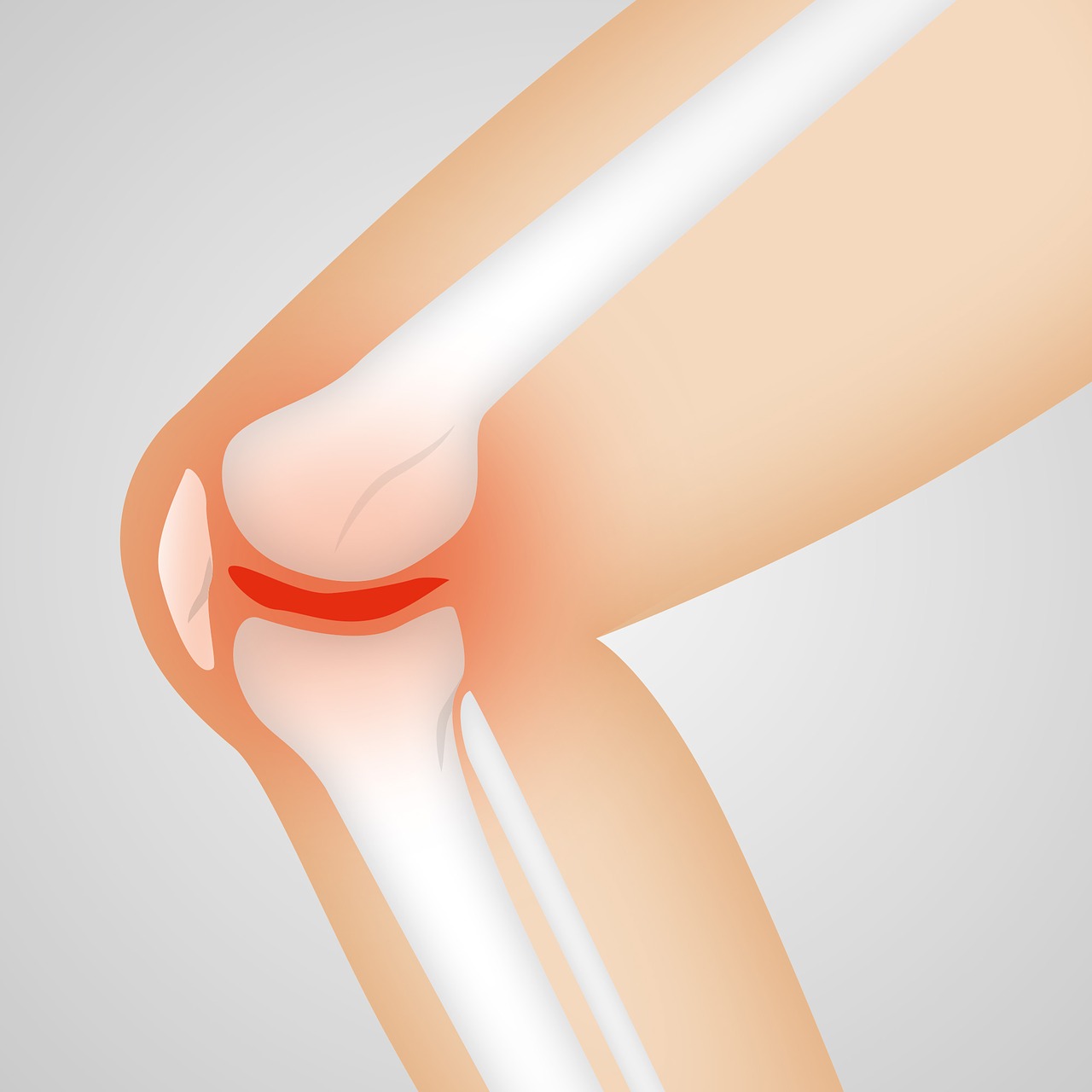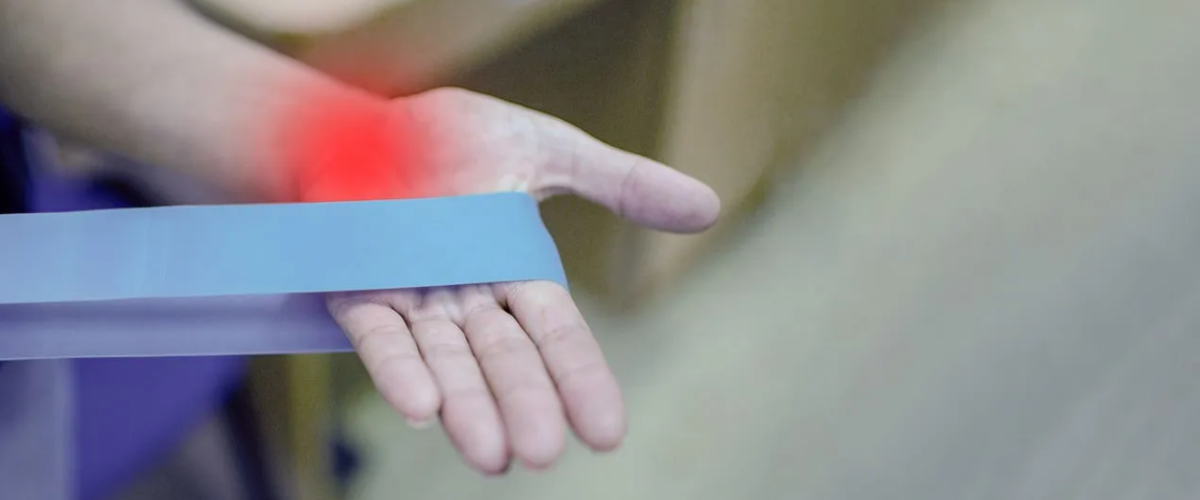Osteoporosis is a chronic disease characterized by decreased bone density and increased risk of fractures that affects most people. Weak bones associated with osteoporosis can seriously affect an individual's quality of life and independence. Although osteoporosis is generally considered a disease affecting older adults, understanding the underlying causes of osteoporosis is critical to preventing its occurrence or managing it effectively.
Osteoporosis, literally meaning "porous bones," is characterized by loss of bone density and mass. Normally, the body constantly breaks down old bone tissue and replaces it with new bone. In people with osteoporosis, the rate of bone loss exceeds the rate of bone formation, resulting in weak bones.
Osteoporosis affects most women and occurs mainly in older adults, but it can also affect men and young adults.
Prevention and early detection are essential to control osteoporosis. Maintaining a healthy lifestyle, including a balanced diet rich in calcium and vitamin D, regular exercise, and avoiding smoking and excessive alcohol consumption, can help reduce your risk of osteoporosis.

The minerals needed for bone formation are mainly calcium and phosphorus. Calcium is one of the main building blocks of bone, giving it strength and hardness. Phosphorus is the second most important mineral in bones. Together with calcium, it forms the mineral salts of bones, which contributes to the formation and maintenance of bones.
Calcium is the main nutrient for bones, where it provides strength and hardness. Bones are the most important calcium pool in the human body. When the body needs calcium, bones can release calcium ions to meet other physiological needs. If calcium intake is insufficient or the body does not absorb enough calcium from the diet, bone formation and bone tissue may be affected. As a result, bones may become brittle, resulting in weak bones that break easily.
The following are the factors that lead to osteoporosis
● Age and Gender: As we age, our bodies tend to lose bone mass faster than they can rebuild it, resulting in a gradual decline in bone density. This decline is more pronounced in women, especially during menopause, when estrogen levels drop.
● Hormonal changes: Women experience a rapid drop in estrogen levels during menopause, which accelerates bone loss. Decreased levels of estrogen, a hormone that helps maintain bone density, can lead to osteoporosis in postmenopausal women.
● Nutritional deficiencies: Calcium and vitamin D deficiencies can seriously damage bone health and increase the risk of osteoporosis.
● Lifestyle: Lack of physical activity and weight-bearing exercise, insufficient intake of calcium and vitamin D, heavy alcohol consumption, smoking, long-term use of certain drugs (eg, corticosteroids (prednisone)).
● Chronic diseases: Certain diseases, such as rheumatoid arthritis and inflammatory bowel disease, can increase the risk of developing osteoporosis.
● Family history: Having a family history of osteoporosis increases your chances of developing the disease.
Although osteoporosis is silent in nature, it can manifest in several observable symptoms. It is common to lose height and hunchback over time, commonly known as "queen hunchback". Back pain or pain from a spinal fracture may occur.
Another key symptom is an increased frequency of fractures, especially in the wrists, hips and spine. These fractures can occur even from minor falls or collisions and can seriously impair a person's mobility and quality of life.
Weight loss, loss of appetite, and fatigue are also potential symptoms that could indicate osteoporosis.


In summary, by combining calcium supplements with a calcium-rich diet, regular exercise, and avoiding harmful habits, you can take active steps to keep your bones strong and healthy and prevent the progression of osteoporosis.
Q: Can I get enough calcium and vitamin D through my diet alone?
A: While it is possible to obtain sufficient calcium and vitamin D through diet alone, some individuals may require supplements to meet their daily requirements. It is recommended to consult with a healthcare professional to determine the need for supplementation.
Q: Is osteoporosis only a concern for older adults?
A: While osteoporosis is more common in older adults, it is not solely a concern for this age group. Building and maintaining healthy bones is important throughout life, and adopting preventive measures early on can significantly reduce the risk of osteoporosis later in life.
Disclaimer: This article is for informational purposes only and should not be considered medical advice. Always consult a healthcare professional before using any supplements or changing your healthcare regimen.
Post time: Sep-07-2023





